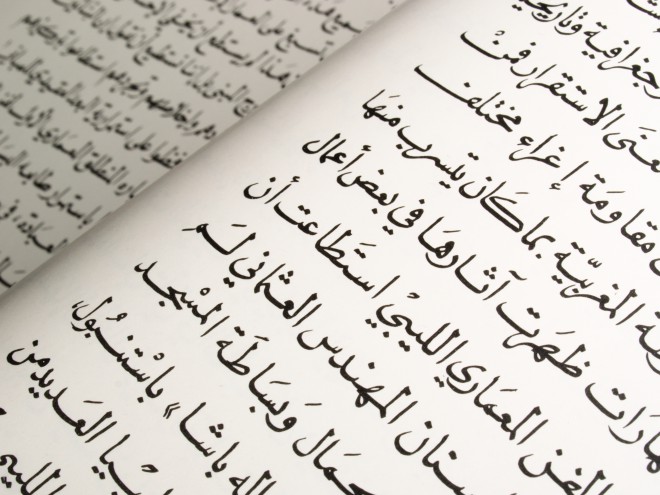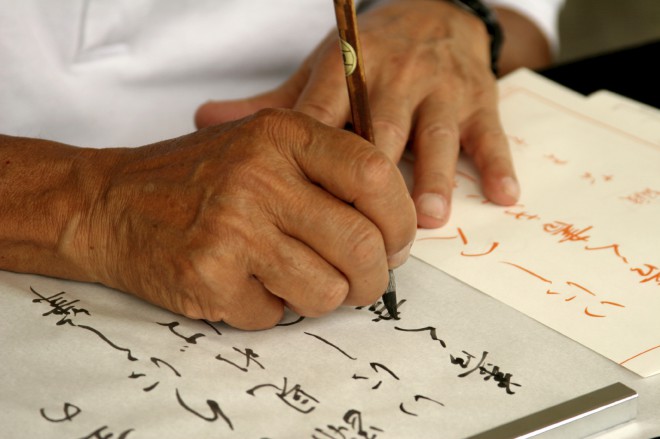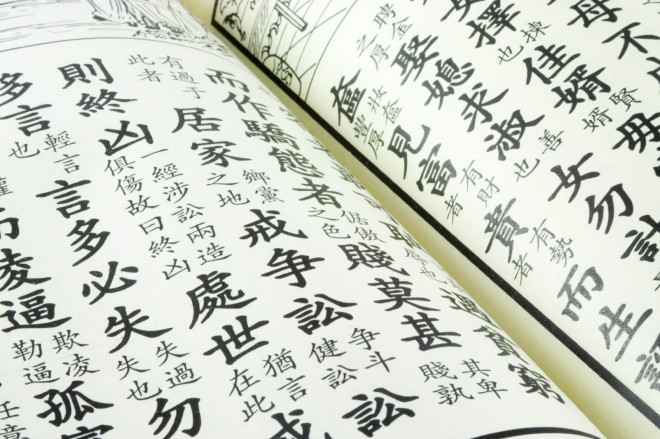Knowing a language is a great way to connect with a group or individuals around the world. As well as a personal quality that should not be neglected in any way. No two languages are the same, especially when it comes to ease of learning, which of course depends on the student's mother tongue. Languages in the same language tree are immediately significantly easier for us. Our attention is focused on the 10 most difficult languages and the question of why they fall into this category.
1. Arabic
Arabic is one of the most difficult languages and usually takes several years to learn. Along with a completely foreign alphabet, both in writing and reading direction, there are also difficulties with new speech patterns and sounds that are not available in the native language.
2. Japanese
Asian languages have a certain level of difficulty in themselves. In addition to the new vocabulary, they all have a special function that distinguishes them from each other. With the Japanese, it is necessary to master thousands of characters in order to write the language correctly. This is also supported by the fact that the Japanese have three separate writing systems and they all have a different alphabet.
3. Chinese
Chinese is a unique language that relies heavily on grammatical structures and the speaker's tone. In some languages, a speaker with a basic knowledge of the language can survive - mistakes in Chinese can put us in an awkward position or misunderstanding. In addition, writing and speaking are separate, and consequently reading and writing are also separate.
4. Korean
People who learn Korean quickly find that sentence structure is foreign to them. If we are describing an action, we put the subject first, then the subject, and then the verb. In the case of describing, we start the sentence with an object and end with an adjective. In addition to that, you have to learn the alphabet, which was mainly influenced by the Chinese.
5. Greek
While the Greek language is still easier than those we have mentioned so far, there are still some aspects of the language that can demonstrate what a challenge Greek presents to students; from difficulties with the alphabet, to the pressure of being asked to speak correctly, as the wrong pronunciation or position in a sentence changes the meaning of a word entirely.

6. Icelandic
Icelandic is a complex language in its pronunciation and word order. It is characteristic of Icelandic orthography that it retained the old letters þ (thorn, in Slovenian we write th) and ð (eth or edh, in Slovenian we write dh or z đ). Finally, what would apply to any language with 330,000 speakers: resources are very scarce. And that adds some more difficulty.
7. Estonian
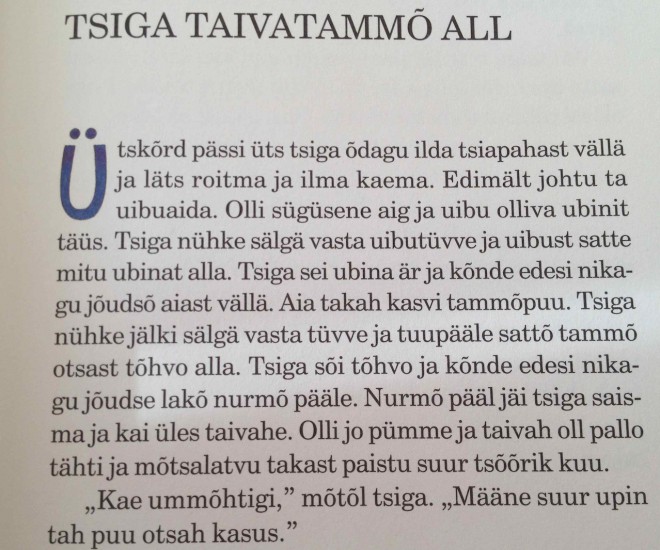
8. Finnish
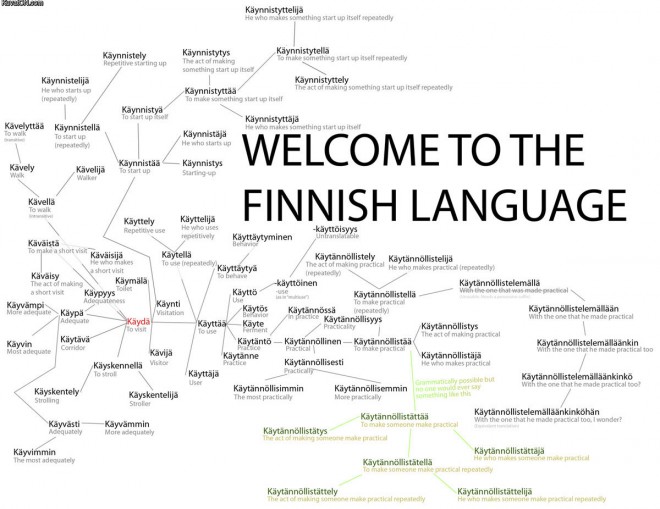
9. Thai
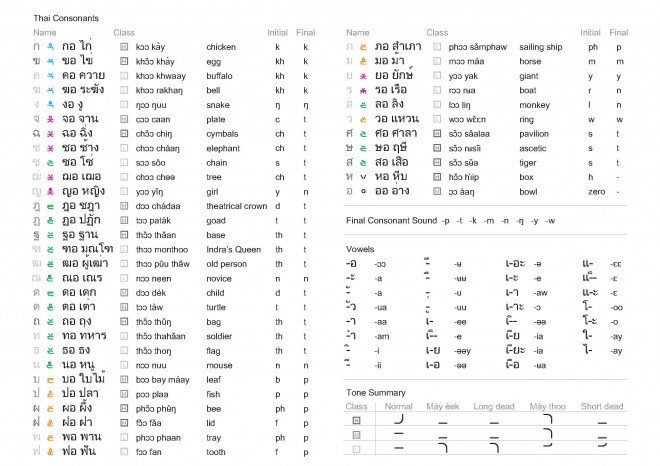
10. Norwegian
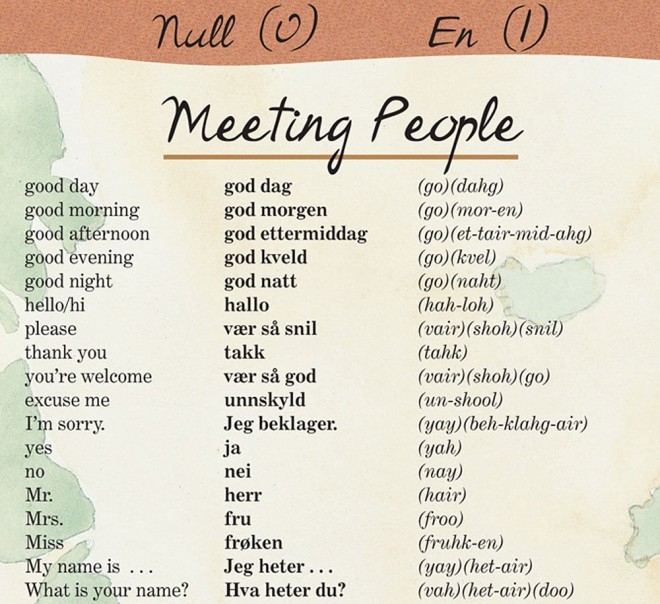
Adapted and adapted from:
lifehack.org




